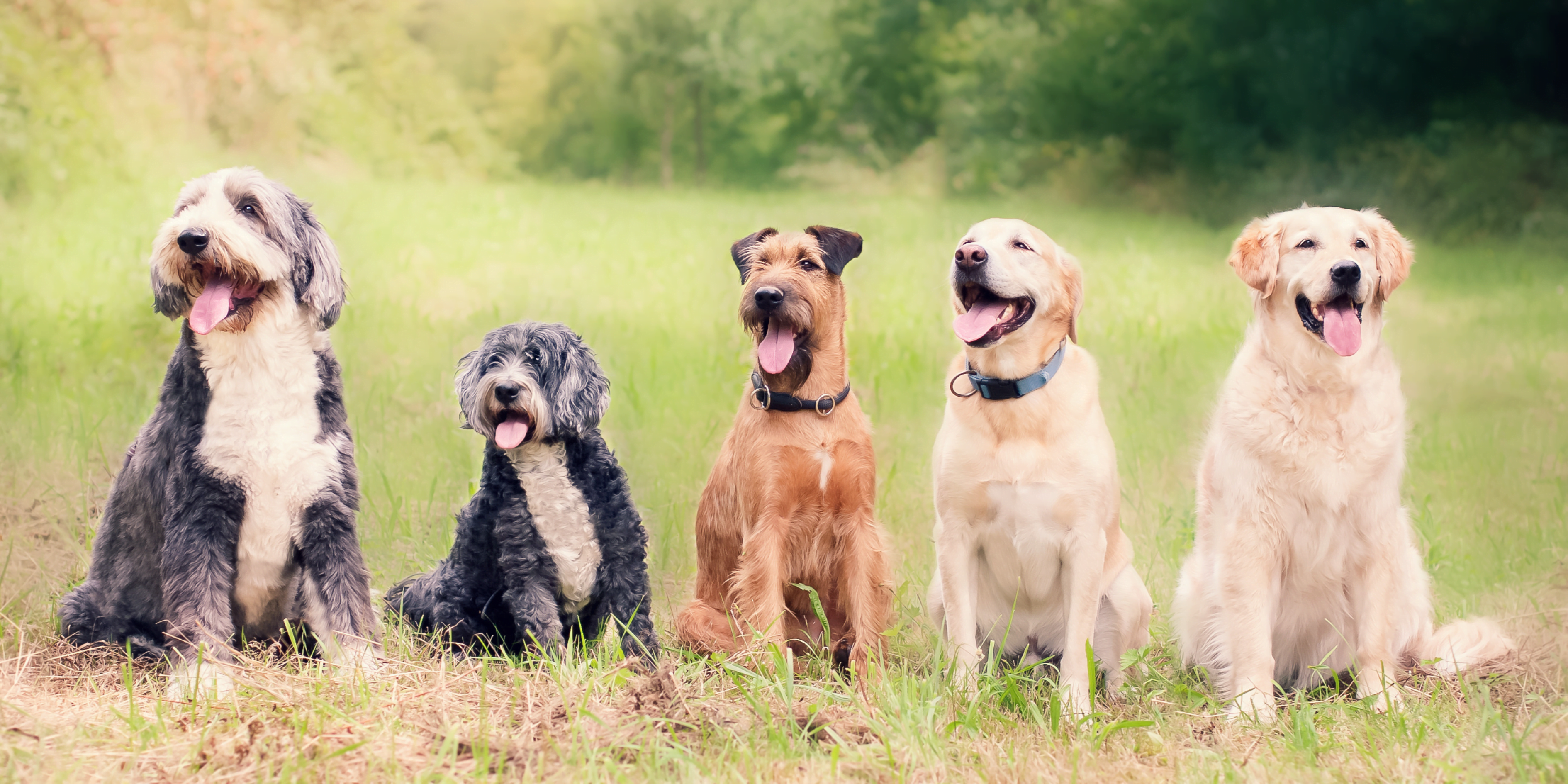Developing Dog Off Leash Guidelines with the Community
In a municipality that is home to over 100,000 human residents and 8000 four-legged residents (sharing only 353 hectares of open space), conversations about the management of shared spaces is not a new one for the City of Port Phillip.
With such a mixed community of dog owners and non-dog owners, management of dog off-leash areas has become a hot topic, one that attracted attention in Council’s recent consultations – Council’s Places for People: Public Space Strategy 2022 – 2032 and Domestic Animal Management Plan 2021 – 24.
Rather than shy away from the conversation, Council invited its community to help develop the guidelines. They could provide their experience of sharing dog off-leash areas (Stage 1) or register to take part in a deliberative panel to form components of the guidelines to aid its development. This process aimed to understand their position on the provision, distribution, design and management of dog facilities in public open spaces.
So, how’d it go?
Well, the reach of the activities exceeded initial expectations, with a total of 2577 participants spread out across the seven engagement activities for Stage 1. This success was primarily attributed to the longer period of engagement over the holidays and locations that were carefully selected to catch people out doing their daily activities. We also received just over 1000 expressions of interest to participate in the deliberative panel. Testament to the interest in this topic.
With so many participants, and so many different views, we expected to have some very passionate community members stop by, and we were right! This allowed us to get in-depth answers to what we needed to know.
In this case, managing emotions is key, and to do this, the team (both the City of Port Phillip and Conversation Co.) used a range of techniques and tailored the engagement process to suit:
- Seeking specialist support, an independent agency can create a safe space, and hone in on the conversation which is to a new and unbiased party.
- Mixing up the methods offered, some participants will feel more confident in person, others will prefer a more anonymous version of participation.
- Listen, validate and confirm. This is a good process for any conversation, it is particularly important for projects where there are higher levels of emotion.
- Taking on feedback and making process improvements, chances are the people you are talking to in a project with high stakes have thought about what could be done and how it could be done, long before you entered the picture. This was seen during the engagement, one participant wanted additional data that wasn’t available. We validated their experience, apologized for the oversight and noted it down as a process improvement for next time. Criticism isn’t always fun, but let’s face it, we are all human and every process has the potential to be improved.
- Involvement in the process to encourage ownership, to inform Stage 2 deliberation key stakeholder groups as part of workshops and interviews were asked what information they would like given to panel members to help their understanding of their challenge or idea. This gives these community experts the opportunity to brief future participants about the process and underlying issues for consideration.
Ultimately, the main thing to keep in mind is that regardless of the contentiousness around a project, and no matter how worried you may be about how it is going to go, there is always a way. We love it when Council tackles the hard topics and doesn’t shy away from the tough conversations. Most importantly, we love seeing the positive change and improvement on behalf of the community.


